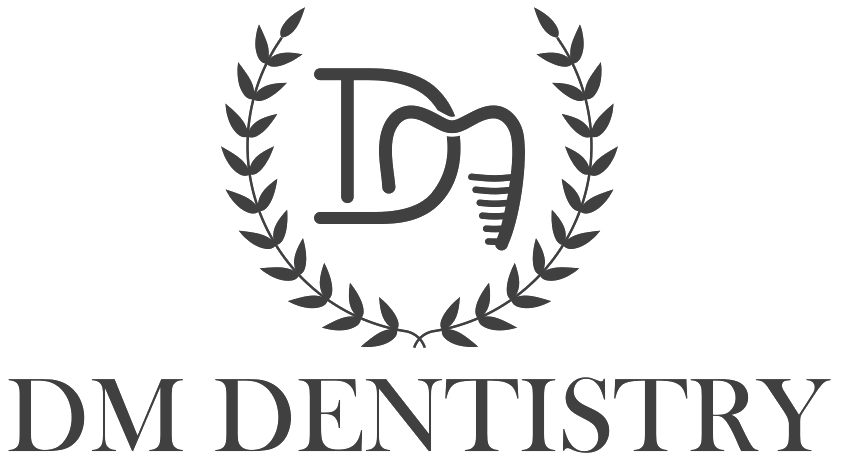General Dentistry
Dentures in San Ramon
Dentures and partial dentures are often linked to seniors, but they’re also used by younger people. According to the National Health and Nutrition Examination Survey, adult tooth loss has been decreasing since the 1960s. Despite this decline, many Americans still rely on dentures to enhance their smiles, improve speech, and chew food more comfortably.

Dentures remain a popular option for tooth replacement, even as dental implants gain prominence. While implants offer a modern solution, dentures might be the better choice for some patients. Here’s why:
Affordability: Dentures are generally more budget-friendly compared to other tooth replacement options. Even when considering the replacement of dentures every 5-10 years, they often remain a more cost-effective choice than alternatives like implants, which can be pricier depending on insurance coverage.
Lower Risk: Dentures involve a less invasive procedure compared to dental implants. Implants require surgery, which carries inherent risks and may be more complex, especially for older patients or those with bone loss. Dentures offer a simpler solution with fewer complications.
Faster Process: Obtaining dentures typically takes less time than the implant procedure. Implants may require over a year to complete, including multiple healing periods and stages, whereas dentures can be fitted and adjusted more quickly.
Choosing the right tooth replacement method depends on individual needs and circumstances. Our team can help you explore all your options and determine if dentures are the best solution for you.
When exploring denture options, patients have several choices to consider based on their specific needs and preferences. Here’s an overview of the available types:
Full Dentures:
These are typically used to replace an entire set of teeth and rest directly on the gums. They are commonly chosen by seniors but can be suitable for anyone needing a complete tooth replacement. Some patients might qualify for immediate full dentures, which are placed right after tooth extraction. For others, a waiting period of 8 to 12 weeks post-extraction might be recommended to allow the gums to heal.
Partial Dentures:
Designed for those who still have some healthy natural teeth, partial dentures use a metal framework with a pink-colored base to fill in gaps. The metal structure helps anchor the false teeth to the remaining natural teeth, preventing movement and ensuring a secure fit.
Implant-Supported Dentures:
Combining dental implants with dentures, this method uses several implants to secure a full set of upper or lower dentures in place. This option can also be used with partial dentures. The result is a non-removable solution that offers enhanced stability. Note that not all patients are suitable candidates for this approach.
Overdentures or Snap-In Dentures:
These options provide the flexibility of removable dentures with the stability of implants. Overdentures are anchored by implants but can be taken out when needed. Snap-in dentures offer an even more secure fit with locator receptors on the implants and attachments on the dentures that snap together for a snug hold.
The best choice depends on your specific situation and oral health. Our team is here to discuss these options with you and help determine which one best meets your needs.
Proper maintenance of dentures is crucial for their longevity and functionality. Here’s how to care for them effectively:
Soaking and Cleaning:
Dentures should be soaked overnight to prevent warping or cracking. Use a denture-soaking solution, but avoid hot water, which can cause the dentures to lose their shape. Ensure that any denture solution is thoroughly rinsed off before placing the dentures back in your mouth, as these solutions should not be ingested. Consult with our team to determine the best solution for your needs.
Daily Care:
Just like natural teeth, dentures require regular cleaning. Remove dentures after eating or drinking and rinse them to remove food particles. Brush dentures at least once a day using a soft-bristled brush. Avoid abrasive brushes or cleaning materials that could damage the dentures.
Additional Hygiene:
Even if you have no natural teeth left, maintaining oral hygiene is still important. Brush your gums, tongue, and the roof of your mouth to keep your oral tissues healthy. Floss any remaining natural teeth and remove any adhesive residue if you use denture adhesives.
Regular dental check-ups at DM Dentistry are essential to monitor the condition of your dentures and overall oral health. Our team can provide guidance on the best practices for denture care and address any concerns you may have.
